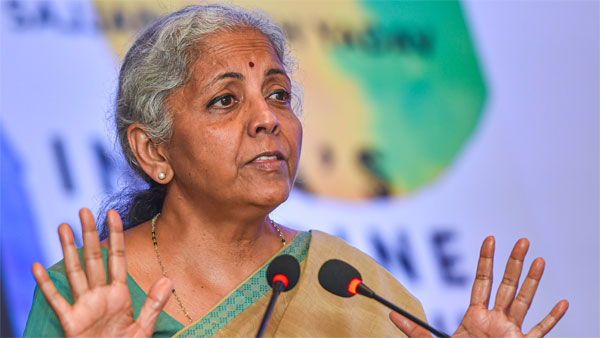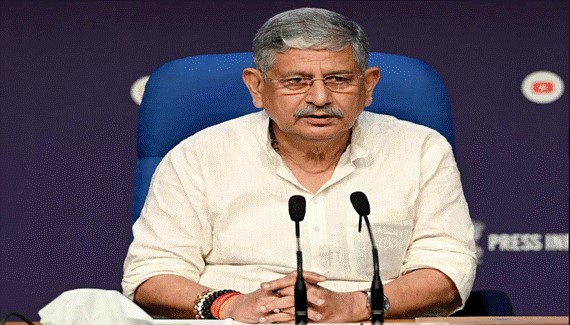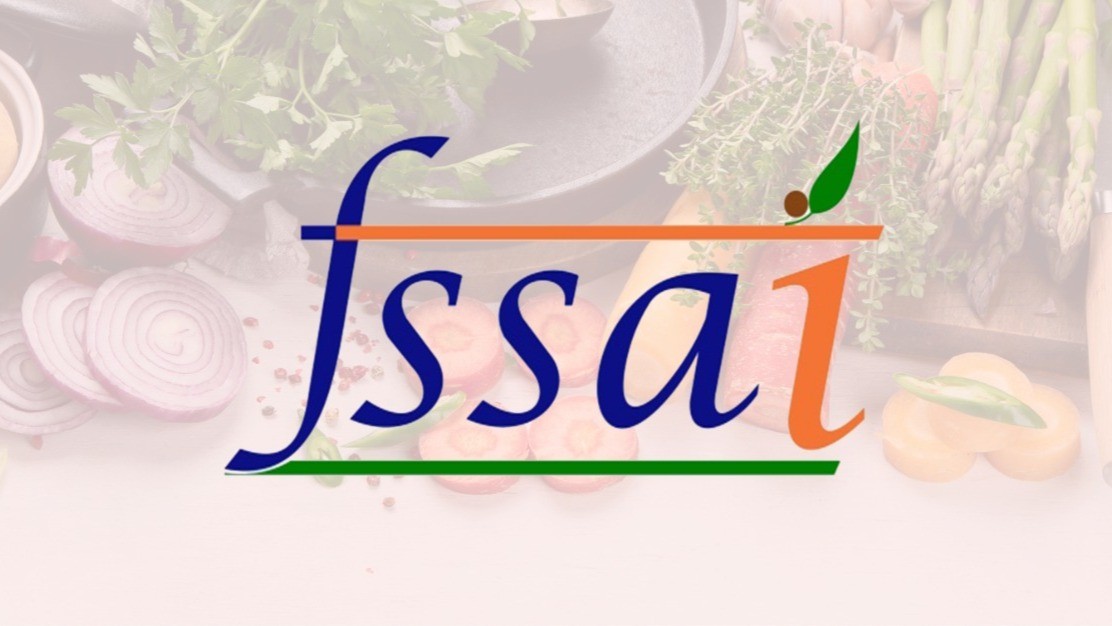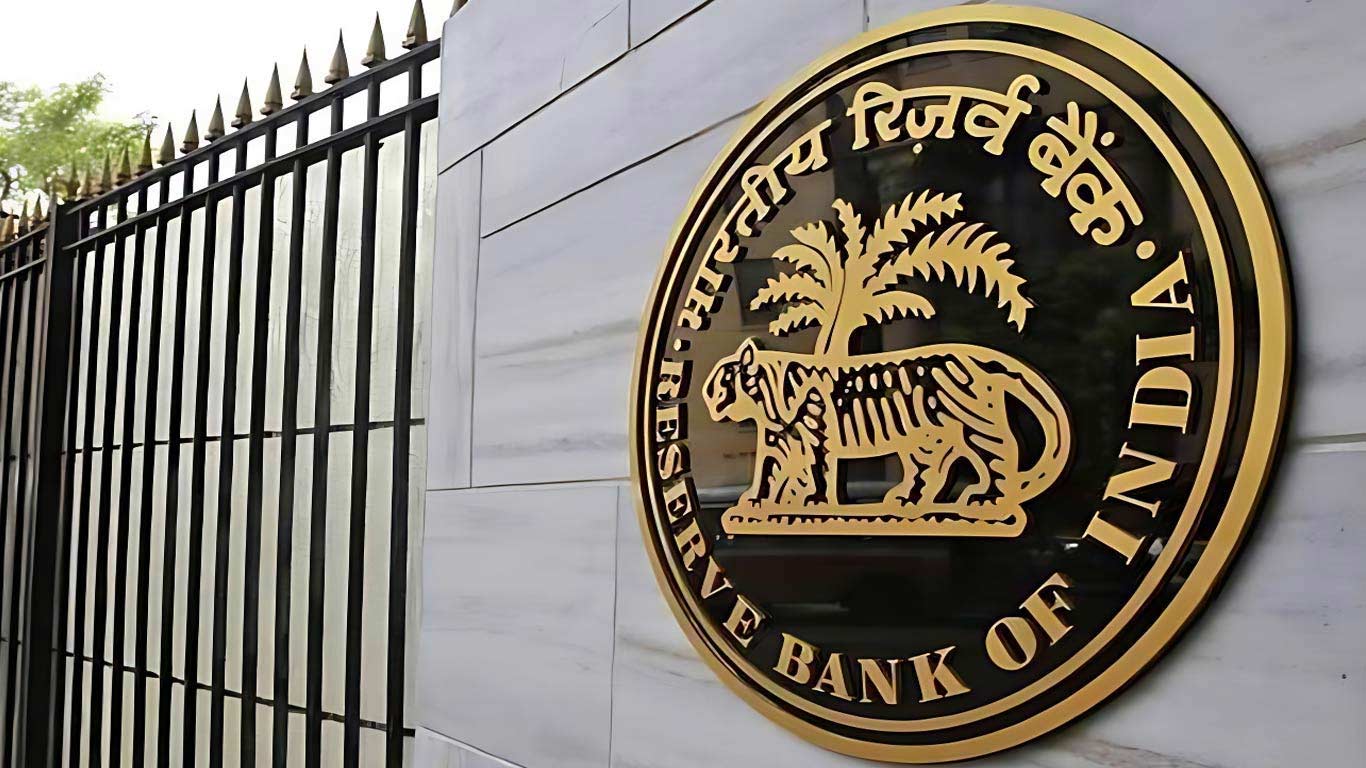Finance Minister Sitharaman Assures Control Over Retail Inflation
Wed 07 Feb 2024, 10:36:05

New Delhi: Union finance minister Nirmala Sitharaman on Tuesday said that headline retail inflation would be kept in check as the steps were taken by the government to contain price rise, especially in perishable commodities. The prices of perishable goods have started coming down and ‘they are within the tolerance band’. Besides, she also highlighted the fuel prices and import of pulses in the country and the steps being taken by the Centre to reduce the burden on the public.
“The prices have started coming down and they are within the tolerance band. Lots of steps have been taken by the government, particularly for meeting the shortage in supply of perishable goods. Since we don’t grow enough pulses in the country and due to a shortfall in supply, prices of pulses normally keep fluctuating, for which, by analysing the crop estimates, we start tying up for imports,” Ms Sitharaman was replying to a question in the Rajya Sabha.
India's retail inflation has declined from an average of 6.8 per cent in April-December 2022 to 5.5 per cent in the corresponding period of 2023. The retail inflation is now stable and within the notified tolerance band of 2 per cent to 6 per cent. “The government is seized by the difficulties, which arise due to shortage of perishable goods, which are not grown in India. The committee sits and reviews periodically, and the
efforts have shown on the ground that inflation is now within the tolerable band,” she said.
efforts have shown on the ground that inflation is now within the tolerable band,” she said.
The minister further said that in order to check the volatility in prices of onion, the government has progressively increased its buffer size from 1 lakh metric tonnes (LMT) in 2020-21 to 7 LMT in 2023-24. As of February 3, 2024, a total of 6.32 LMT of onion was procured, and 3.96 LMT of Grade-A onion was released through retail sales, e-Nam auction and bulk sales. “Currently, steps are being taken so that the preservation of very highly perishable commodities, like onion, can be improved. India has imported 8.79 lakh metric tonnes of tur dal and 15.14 lakh metric tonnes of Masoor Dal in calendar year 2023. Similarly, the country imported other dals and released them in the market. Since we don’t grow enough pulses in the country and due to a shortfall in supply, prices of pulses normally keep fluctuating, for which, by analysing the crop estimates, we start tying up for imports,” she added. India has also brought the branded ‘Bharat Dal’ through which Chana Dal is made available at Rs 60/kg for one kg pack and Rs 55/kg for 30 kg packs. 2.97 lakh metric tonnes of Chana have been sold already as of January 30, 2024. The ‘Bharat Dal’, which is coming at a concessional price, is available in all retail markets.
No Comments For This Post, Be first to write a Comment.
Most viewed from Business
AIMIM News
Latest Urdu News
Most Viewed
May 26, 2020
Should there be an India-Pakistan cricket match or not?
Latest Videos View All
Like Us
Home
About Us
Advertise With Us
All Polls
Epaper Archives
Privacy Policy
Contact Us
Download Etemaad App
© 2026 Etemaad Daily News, All Rights Reserved.





.jpg)
.jpg)


















.jpg)
.jpg)
.jpg)


